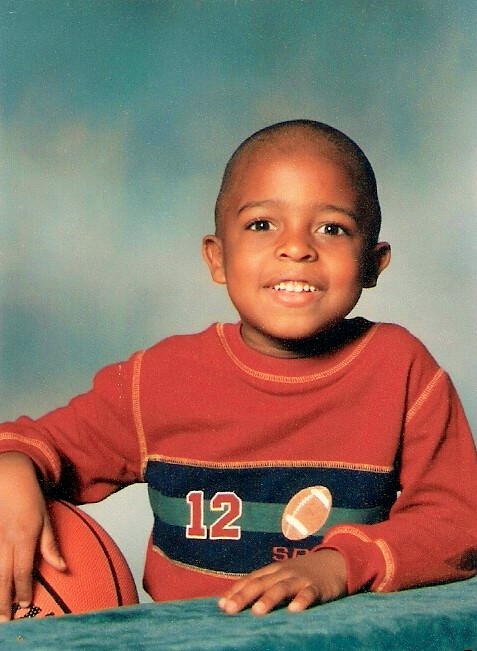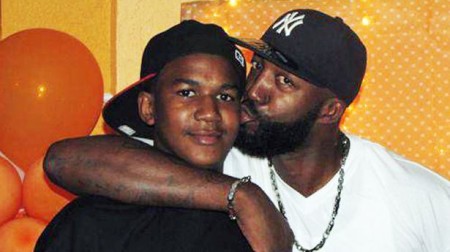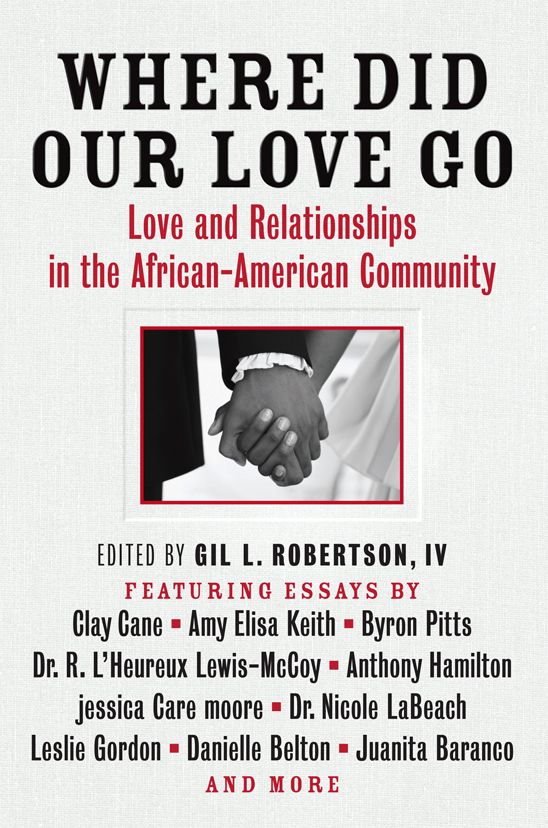When Darius’ voice started deepening, his height increased, and pre-pubescent roundness melted away to reveal the longer limbs of burgeoning manhood, it became time to have “The Talk.”
The focus of this traditional discussion wouldn’t break down the differences between boys and girls or the perils of drugs and alcohol — instead, it would provide Darius a guided tour through the minefield of being a black male within a race-conscious society, designated to help our teen successfully navigate a world that consistently treats African-Americans as suspects rather than citizens.
Teaching black children to maintain self-pride while simultaneously preparing them for attack is an exhausting exercise. We tell our babies how great they look, praise their intellect and emphasize their capacities for greatness, all the while warning of bigots in society who will insist on solely categorizing them as thugs and hoochie mamas.
Because of the institutionalized racism that plagued their forefathers and persists today, Darius, who turns 15 this week, and others like him bear the burden of dehumanizing stereotypes. It’s heart-wrenching to realize that, through no fault of his own, circumstances can veer out of control and turn Darius into another Emmett Till, Sean Bell or Trayvon Martin, young men who were unarmed but killed, leaving loved ones to grieve while battling for even the slightest measure of justice.
Last month’s widely publicized shooting of Martin, as outrageous as the facts sound, has shades of familiarity to countless African-Americans, including myself. The case involves an unarmed 17-year-old who was killed as he walked in a gated community in Sanford, Fla., by an unofficial neighborhood watch volunteer (who has yet to be arrested or charged). How many times have we seen black victims criminalized and held responsible for their deaths while the whites who killed them are exonerated by the courts?
“Be aware of your surroundings.” “Let us know where you’re going.” “Don’t antagonize authority.” Since the subject matter is so sensitive and the factors necessitating the dialogue are so complex and multilayered, “The Talk” is impossible to finish in just one sitting. We as parents had to determine appropriate teachable moments (a local or national news story, for example) and expand on it from there.
Darius started out by learning that being a teenager, thanks to hormonal surges and a developing sense of logic, reasoning and impulse control, could easily cause a minor disagreement to escalate into a felony-level confrontation if he didn’t make a conscious effort to think things through. Although he’s been trained to defend himself if necessary, we’ve explained that there’s nothing cowardly about walking away from conflict, and that ugly words from ignorant and prejudiced people speak more about their insecurities than his alleged inferiorities.
We also discuss stereotypes in manner and dress. Any oversize clothing, especially the “sag-your-pants-and-show-the-
Darius also learned that slouching and shuffling is for the timid: You stand straight, walk tall and meet the world head-on. Direct eye contact puts others at ease about your honesty and intent. If a calm demeanor and polite speech don’t work, the next step shouldn’t be to “fight the power.” Dial 911 and adults will help you from there.
Actions like these can help ensure that he avoids “the new plantation” (a.k.a. the prison yard) and increases his chances of living a productive life rather than being hurt or ending up in a cold, polished coffin.
I’m confident Trayvon’s parents also taught their beloved son these time-tested truisms to keep him safe. But all the warnings in the world can’t guard against the egregious inequities that allow a stranger to allegedly stalk and shoot a weaponless black teen, yet remain free.
Lorrie Irby Jackson is a Briefing columnist. 
—






